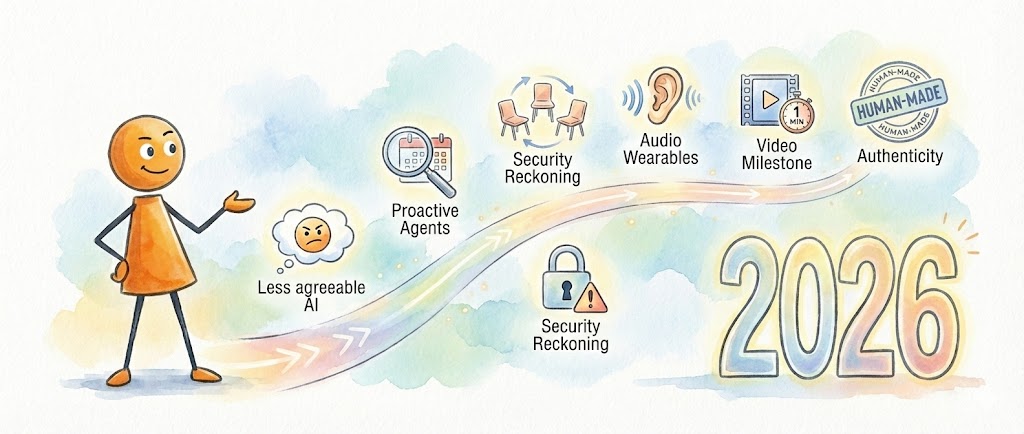Direct Marketing worth 14.2bn to the UK economy
dma value of direct marketing infographic The DMA recently released research looking at the contribution that direct marketing makes to the UK's economy.
Subscribe to my newsletter to see content first:
 The DMA recently released research looking at the contribution that direct marketing makes to the UK’s economy. It highlights how far direct marketing has spread into other channels and also how important the industry is to business today.
The DMA recently released research looking at the contribution that direct marketing makes to the UK’s economy. It highlights how far direct marketing has spread into other channels and also how important the industry is to business today.
The title gives the final number away ” some £14.2bn in 2011 ” with a 7% growth in 2012. Not surprisingly the growth is mostly coming from digital channels ” with 12% coming from email marketing, 8% from social media, 6 % from search and 1.9% from mobile marketing. All these figures actually feel conservative to me ” I see much higher growth from other research and my own data points.
The study was undertaken as a result of the proposed EU Data Protection Regulation. It looks to reduce a marketer’s ability to segment, target and personalise marketing messaging. The DMA expects this will reduce the effectiveness of direct marketing by an average of 6.7%. I think the ramifications are potentially much larger as whilst there is a place for putting your messaging in front of as many people as possible in an untargeted and non-personal way, the volume of messaging that consumers are exposed to daily means that delivering your message in a personalised and relevant way is important to rise above the noise.
There is much more information on the value of Direct Marketing to business in the full report, which you can download here. For those that just want the highlights, the DMA have created an infographic, which you can view in full here or by click on the image on the left.
These are still early days and there is plenty of time for these proposals to be changed. After the mess of the “cookie legislation” that went live in May 2011, mostly due to bad drafting (which you could argue was in turn due to a lack of sufficient communication from the industry itself), we can do better this time around. The same thing does not need to happen again. Marketers should be vocally arguing for a change to the current proposals by talking with the relevant trade bodies (DMA, IAB etc) to ensure a uniform voice and then approaching their local MP and MEPs so that they understand the ramifications.
Related articles
 Valuable Insights in the latest National Email Benchmarking Report
Valuable Insights in the latest National Email Benchmarking Report Let the ad viewability games begin: Moat fires back at comScore
Let the ad viewability games begin: Moat fires back at comScore LOCOG deserves a gold medal for email marketing
LOCOG deserves a gold medal for email marketing Internet ad revenue hits $17B, mobile ad revenues double in first half of 2012
Internet ad revenue hits $17B, mobile ad revenues double in first half of 2012 Why you should never, ever use a question mark on Twitter or LinkedIn (infographic)
Why you should never, ever use a question mark on Twitter or LinkedIn (infographic)
About Riaz

I've spent over 20 years building and scaling B2B products, services and marketing technology - from early-stage startups through to exits, and now as CEO of Radiate B2B - the B2B ad platform.
Along the way I've led teams, launched products, built and sold companies, and spoken around the world about data, AI and the future of marketing and work.
Today I split my time between working directly with companies as a consultant and fractional operator, mentoring founders and leaders, and speaking to audiences who need someone to translate what's happening in technology into decisions they can act on.
Read the full storyRecommended posts

DMA Email Marketing Client Benchmark Report
A few weeks back, the council released its annual client benchmark report , which looks at the views of client side email marketers.
Read more
Google continues to ignore email
But a wider look at Google suggests it doesn't pay much attention to using email as a channel to communicate with its users.
Read more
AI in 2026: Another fast moving transition year
What's next for AI in 2026? Dive into my predictions on agentic AI, the battle for audio wearables, the 1-minute video milestone, and the authenticity race.
Read more